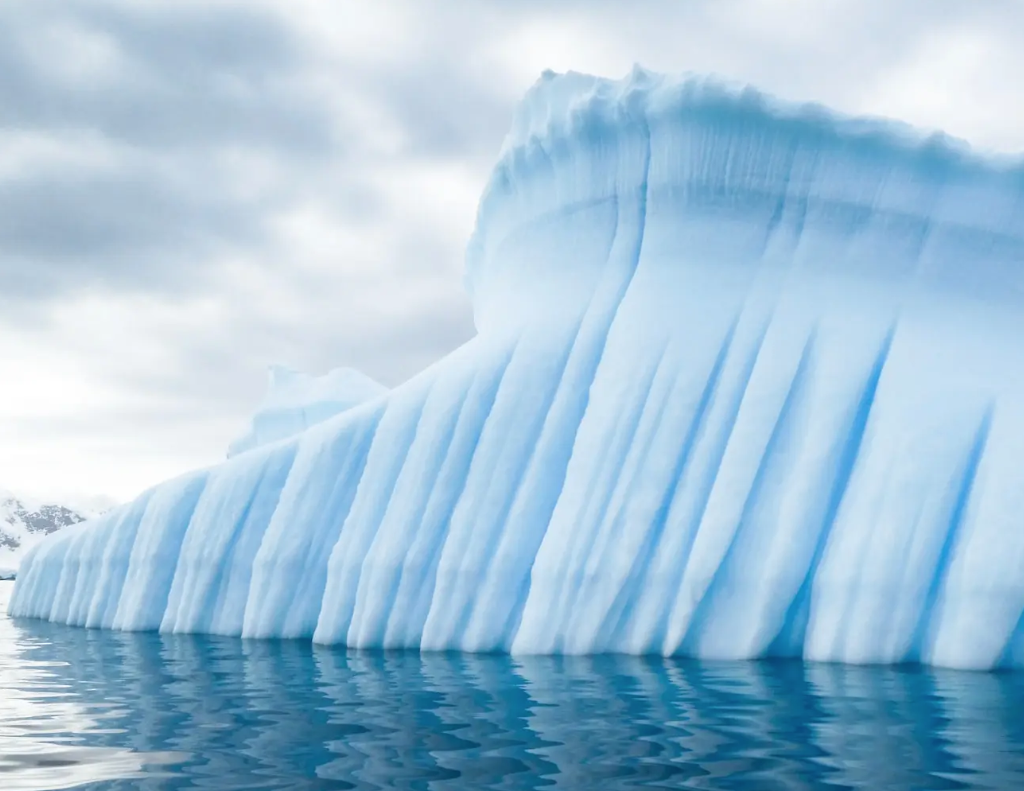Western Antarctic Ice Sheet Can Raise Global Sea Level by 5 Meters
No matter how much we reduce greenhouse gas emissions, the Melting of the ice sheet in the Western Antarctic will continue at an accelerated rate for at least this century. An event now “inevitable” even keeping the global temperature below the threshold of 1.5 degrees. This is stated by a study of the British Antarctic Survey published in Nature Climate Change.
What will happen to the West Antarctic ice sheet?
The western part of the frozen continent is considered the most unstable and where global warming is making itself felt more clearly. A study published in Science Advances a few weeks ago estimated that almost all glacial shields in this region have a loss-making mass balance, and about half show no signs of recovery. Only a small part of the loss depends on the detachment of icebergs, while the bulk is linked to the fusion triggered by the high temperatures of the ocean.
And it is precisely the temperature of the seawater, particularly in the sea of Amundsen, the factor that more than any other led British scientists to consider as inevitable the protracted and incremental melting of the West Antarctic ice sheet in the coming decades. The study states that “a rapid warming of the oceans, equal to about three times the historical rate, will probably occur during the twenty-first century, with widespread increases in the melting of the ice sheets, even in regions crucial for the stability of the ice sheets”.
Inevitable also at +1.5 degrees
The most relevant aspect of the study is the invariance of the melting rate in different climate scenarios. The differences foreseen by the climate model used between a trajectory of global warming that stops at +1.5 degrees and those of the intermediate emissive scenarios (closer to the current trajectory) are minimal and negligible. The western region of Antarctica contains enough glacial mass to raise the global sea level by about 5 meters.
“We seem to have lost control of the melting of the West Antarctic ice sheet,” notes Kaitlin Naughten, the first author of the study. “If we wanted to preserve it in its historical state, we would have needed to act on climate change decades ago“. Too late to mitigate the effects of global warming on the Western Antarctic ice sheet, but not too late to implement effective adaptation measures. “The upside is that, by acknowledging this situation in advance, the world will have more time to adapt to the impending sea level rise. If you need to abandon or substantially redesign a coastal region, having 50 years of time will make all the difference,” concludes Naughten.
